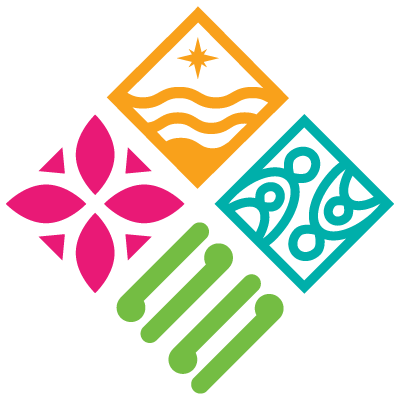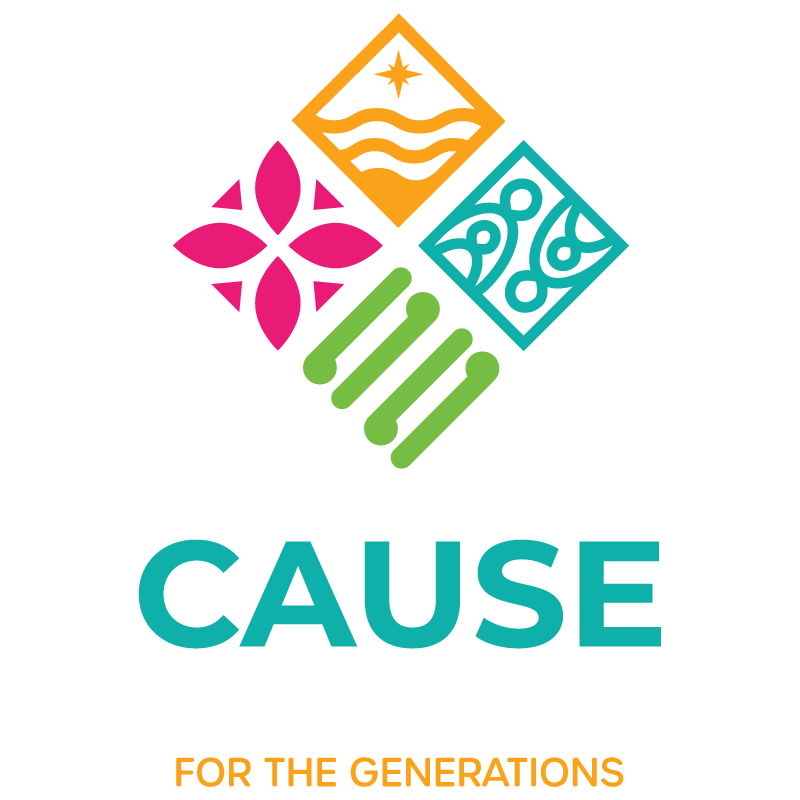A campaign to tackle increased family violence in New Zealand’s Pacific communities during Covid-19 will launch today.
The Nga Vaka o Kāiga Tapu, initiative led by The Cause Collective, will see 1200 family violence workers and community advocates mobilised throughout the country to help Pacific communities prevent violence. The campaign also includes radio programmes in eight different languages and using online forums to raise awareness about where Pacific families can get help and support during this time for family violence.
Data from NZ Police shows that the number of family violence incidents has increased since the nation went into lockdown late last month.
“Pacific families are particularly vulnerable during the Coronavirus pandemic with Pacific peoples already being disproportionately represented in intimate partner violence and child abuse statistics,” says The Cause Collective CEO, Rachel Enosa.
“The issues are complex because of the possibility of community transmission, the after-effects of the pandemic on the economy and the increased risk factors that will be experienced across the Pacific population.”
The 1200 Pacific network is made up of family violence practitioners, Pacific providers and community leaders who were trained over a three-year period using specific cultural frameworks in eight different Pacific languages through the Nga Vaka o Kāiga Tapu programme.
Funded by the Ministry of Social Development, under the Pasefika Proud initiative, the Nga Vaka o Kāiga programme has produced a wealth of experience, data insights and curriculum to leverage from during Covid-19.
“Our role is to advocate on behalf of Pacific families and communities as part of the response and recovery from the Coronavirus,” says the Nga Vaka o Kāiga Cultural Lead, Fa’amatuainu Tino Pereira.
“We want to increase Pacific community knowledge and confidence about how to support both victims and perpetrators of violence during the Coronavirus pandemic. This means activating community action through the Nga Vaka network of 1200 who have already completed the programme.”

